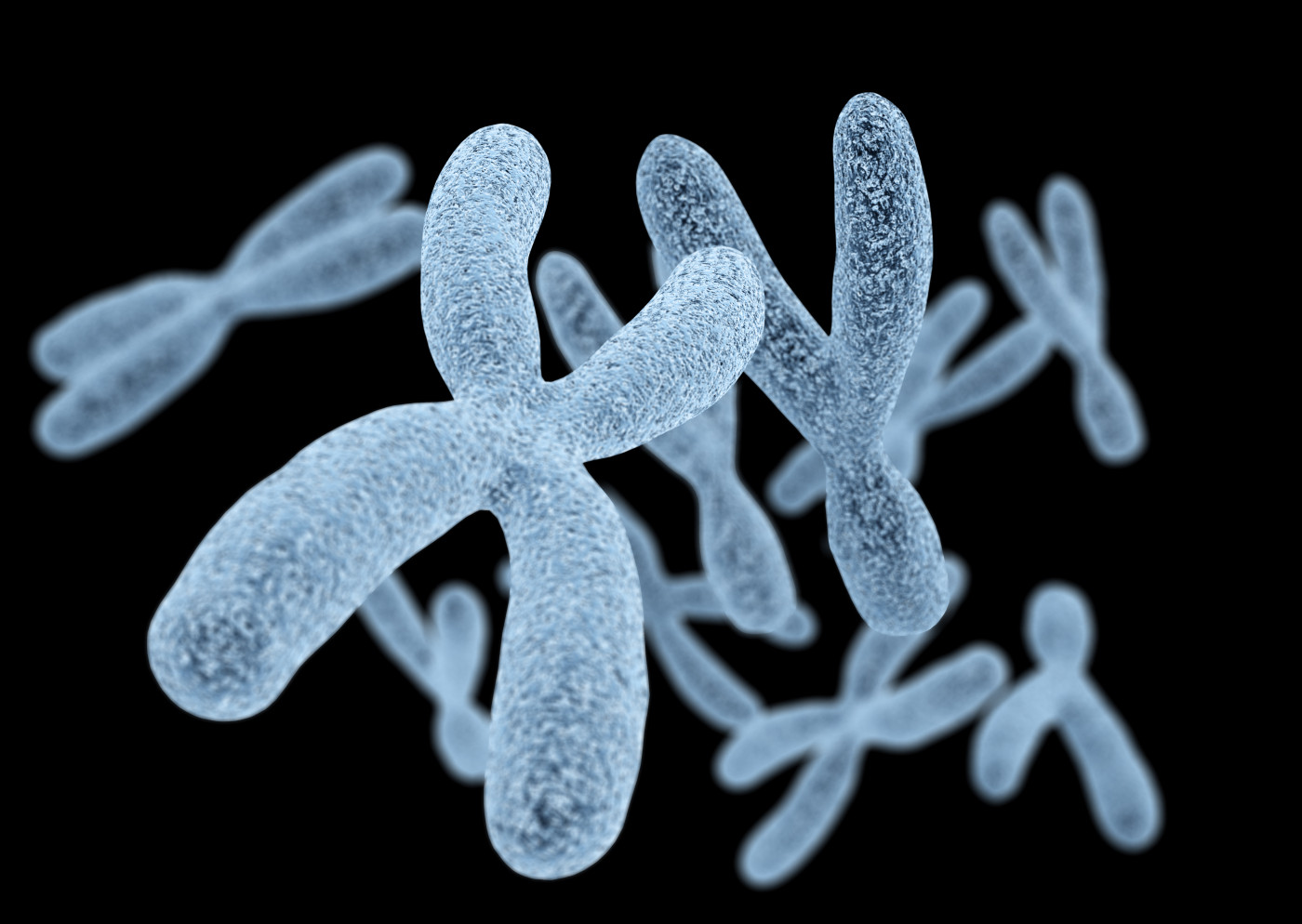Gene Silencing in Paternal X Chromosome May Explain Higher Rate of MS in Women, Mouse Study Suggests
Written by |

A cluster of immune-related genes located in the X chromosome are more active in the X chromosome inherited from the mother than in the one from the father, a new mouse study shows.
These findings may help explain why women have higher rates of autoimmune diseases, such as multiple sclerosis (MS), than men.
The study, “Parent-of-origin differences in DNA methylation of X chromosome genes in T lymphocytes,” was published in the journal Proceedings of the National Academy of Sciences.
For years, scientists have known that women have stronger immune responses than men, as they tend to react more robustly to both infections and vaccination.
However, their intense response to foreign antigens — proteins that trigger an immune response — is also reflected in reactions against self-antigens. This is the cause of autoimmune diseases.
Estimates indicate that for every man, three women are diagnosed with MS. In the case of systemic lupus erythematosus, another autoimmune disease, this difference is even more striking, with a bias of 9 to 1 in favor of women.
“It’s been known for many years that women are more susceptible to autoimmune diseases than men are,” Rhonda Voskuhl, MD, the study’s lead author, director of the UCLA Multiple Sclerosis Program, and the Jack H. Skirball chair in Multiple Sclerosis Research, said in a press release.
“Figuring out why can help us develop new drugs to treat these autoimmune diseases,” she said.
According to the researchers, sex differences on the incidence of autoimmune diseases can be caused by sex hormones, sex chromosomes, or both. The role of sex hormones has been extensively studied, but the role of sex chromosomes, namely the X and Y chromosomes, is not yet clear.
Females carry two X chromosomes, one inherited from the mother and one from the father, while males carry only one X chromosome from their mother and a Y chromosome from their father.
To study the influence of the maternal and paternal X chromosomes on the gene activity of immune cells, Voskuhl and her team used a mouse model in which the animals carried only one active X chromosome. This model allowed the researchers to study the effect of X chromosomes without the interference of hormones.
The researchers observed that after inducing autoimmunity, the levels of a subset of immune genes were increased in a group of immune cells (called CD4 positive T-cells) in mice carrying a single X chromosome compared to those with two X chromosomes (XX) .
Next, to investigate why the levels of these genes differed, the researchers measured the amount of methyl groups — or methylation, a chemical modification that work as “switch off” signals for genes. Since the methyl groups change gene activity without interfering with the DNA sequence, this process is called an epigenetic modification.
Results showed that the number of methyl groups was higher in the X chromosome from the father, compared with the inherited maternal one. In a DNA region called CpG islands, the team found that methyl groups were present in 45.2% of the father’s X chromosome, compared to 1.1% of the mother’s X chromosome, indicating a “specific silencing of several genes on the paternal X chromosome.”
This difference in methylation explains why some immune genes are less active when the X chromosome is inherited from the father, and subsequently why the immune activity is different between females and males.
“What we’re talking about here is not mutations that affect gene sequences, but instead signals that affect how the same sequence of genes are differentially expressed in females versus males. These differences would be missed in traditional genetic studies,” said Voskuhl.
“If you can find regulators of methylation that target these differences, you might be able to reduce the immune responses of females to treat autoimmune diseases,” she added.
Further studies are needed to understand whether these findings are applicable to humans.


